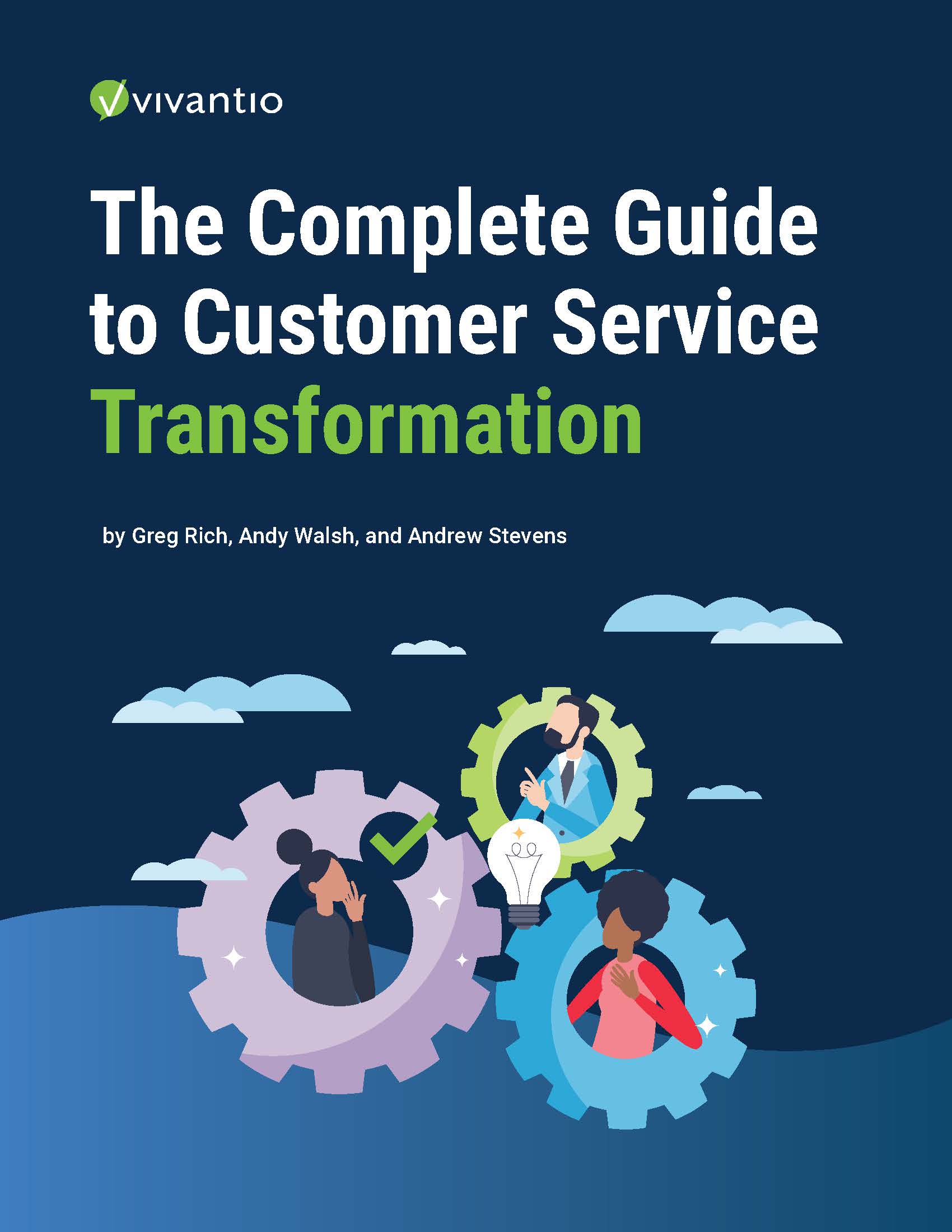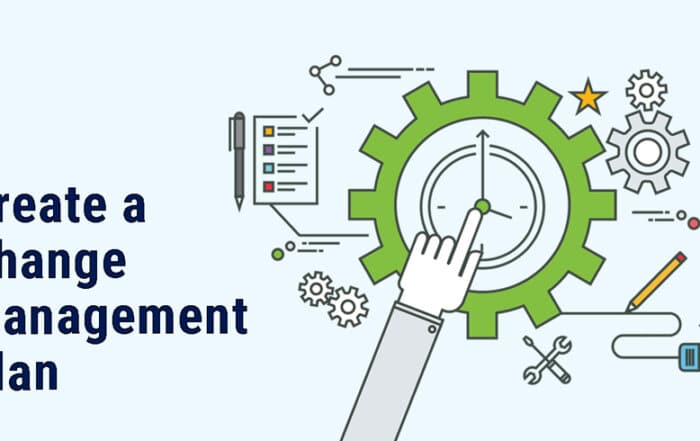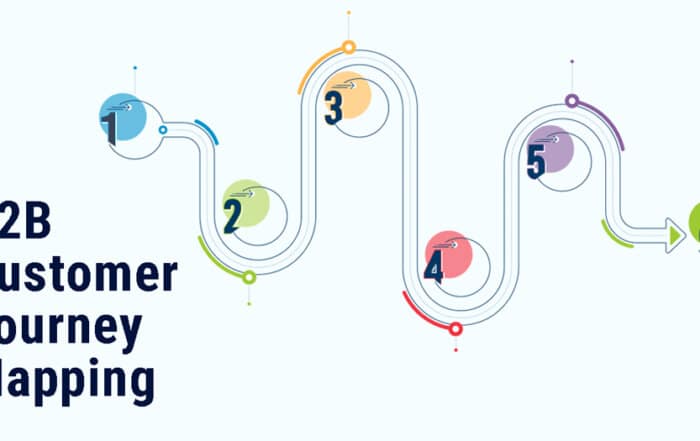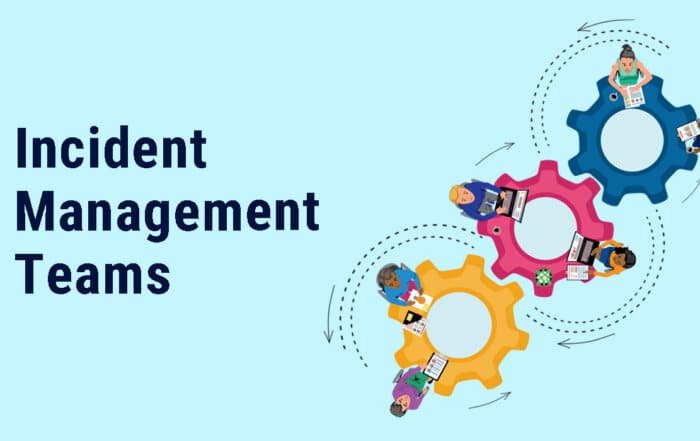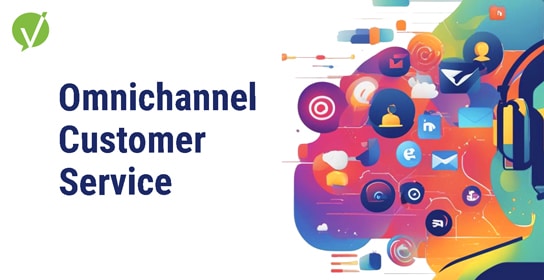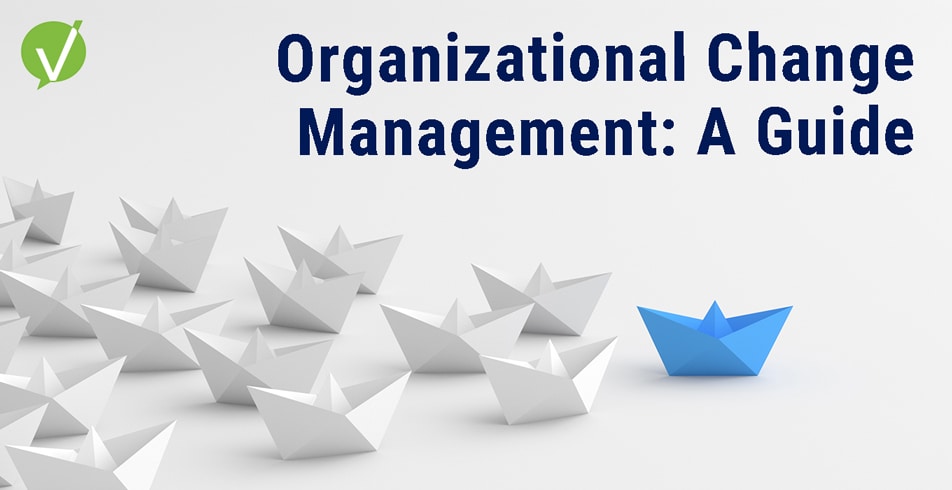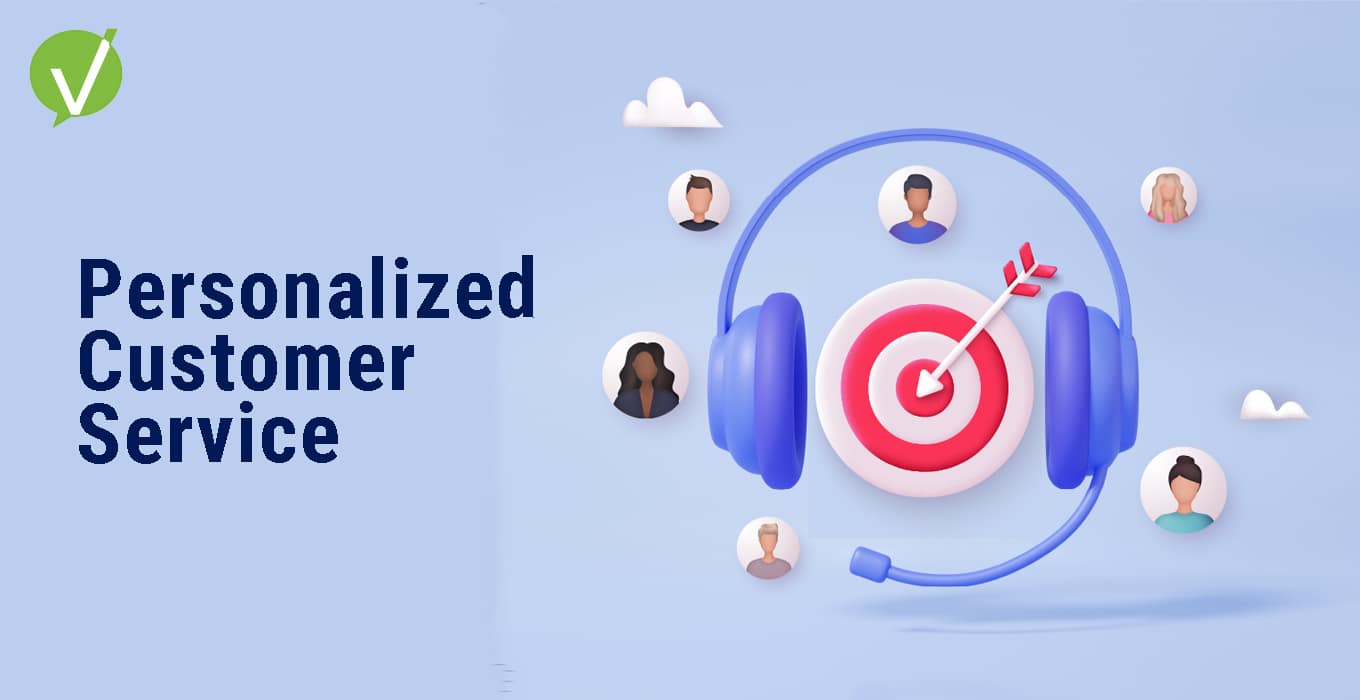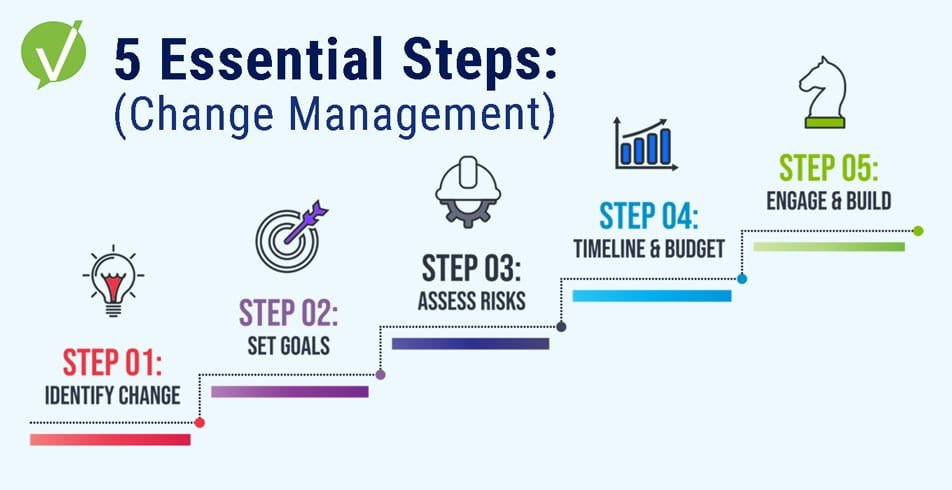The Next Iteration of ITIL and Service Management
The historical role of ITSM within organizations is changing.
IT departments have always been seen as a necessary business cost that is only beneficial in providing support to your revenue-driving teams. With the evolution of ITSM practices, this is no longer the case. Let’s explain how ITIL has evolved to match this change and specifically how it affects both ticket prioritization practices and overall business value.
THE TRANSITION FROM “HELP DESK” TO SERVICE MANAGEMENT
Traditionally, a business department would identify their own IT needs and petition the IT department for the necessary equipment to achieve their desired goal. Business users would then contact their IT help desk whenever they had an issue with said pieces of hardware or software. The perception was that IT departments were there to provide ‘help’ whenever needed and little to no contact was made otherwise.
But why should IT be viewed as simply a provider of technology? The supply of specific software/hardware based solely on the petition of a business user is a disjointed process that affords little tangible business value. Today, however, the role of IT has shifted from a mere support function to a strategic service provider. No longer are help desks just reacting to issues as they arise. They are also supporting business delivery. To that end, the term “help desk” is no longer relevant when referring to a business user’s point of contact with IT.
Welcome to the era of the “service desk.” IT departments are no longer viewed as a siloed department out on a limb. In fact, the service management ethos is now spreading throughout organizations enabling more effective business solutions to be delivered. With defined business goals and desired outcomes documented, solutions can be subsequently recommended that represent the best possible return on investment. The future of service management will see businesses and IT providers working closer than ever before towards a common goal.
ITIL IS STILL RELEVANT BUT FAR FROM PERFECT
We believe that ITIL is still very relevant when it comes to ITSM and its framework. Although not perfect, it plays an integral role in the business. Furthermore, ITIL allows for the measurement of performance against a set of definitive benchmarks and monitors the overall effectiveness of IT providers.
With this in mind, it makes sense that other operational departments throughout a business stand to benefit from incorporating ITSM into their working practices. After all, most operational business units follow a set of guidelines and are process-driven. By adopting an ITSM framework, these processes and guidelines can be measured for effectiveness. For example, departments like HR and Finance could all adopt the ITSM ethos and use it to not just measure their performance but also to provide real value to the business.
ITSM PLAYS A KEY ROLE IN BUSINESS IMPROVEMENT
ITSM has fundamentally changed and now plays a key role in the areas of business improvement and business transformation. The transparency it affords and the metrics it produces can be a very powerful combination leading to visibility of performance business-wide.
A unified analytics platform can be introduced to analyze the performance of various teams across the business. This allows for the identification of top performers and can lead to specific business processes–that are providing real value–being adopted in other departments.
Likewise, under performance can also be highlighted and any potential issues can be addressed before they have a greater impact on the business. The ability to benchmark teams against each other will further underline any deviations from the norm.
ITSM TO SUPPORT ALL PROCESS-DRIVEN DEPARTMENTS
We suggest that any department which uses set processes can embrace service management and use it to improve their service offering. Moreover, with concurrent licensing, enough flexibility is available for certain departments to only implement a solution that fits their needs. This represents a significant cost saving to the business, as well as affording all the other benefits of ITSM?

